Introduction
Navigating the teenage years can be a turbulent journey for both parents and their children. Teenage rebellion is a natural part of adolescence, driven by the desire for independence and identity exploration. However, recognizing the signs of rebellious behavior early is crucial in preventing potential issues from escalating. This article aims to equip parents with the knowledge to identify and address these behaviors effectively, fostering a supportive environment where teens can grow into responsible, well-adjusted adults. Understanding the nuances of teenage rebellion can help bridge communication gaps and strengthen familial bonds during these formative years.
Understanding Teenage Rebellion
Definition of Teenage Rebellion
Teenage rebellion is a natural and often necessary phase of adolescence where teenagers challenge authority and societal norms as they strive to develop their own identities. This behavior can manifest in various forms, from mild defiance to more severe acts of rebellion, and is a critical part of their developmental process.
Common Causes and Triggers
- Hormonal Changes: The hormonal shifts that occur during puberty can significantly impact a teenager’s mood and behavior, often leading to increased irritability and emotional volatility.
- Peer Pressure: Teenagers are highly influenced by their peers as they seek acceptance and belonging. This can lead to behaviors that mirror those of their peer group, including rebellious actions.
- Desire for Independence: As teenagers grow, their desire for autonomy intensifies. They may rebel against parental control and established rules as a way to assert their independence and test boundaries.
Importance of Empathy and Understanding
Recognizing that teenage rebellion is a normal part of development is crucial for parents. Approaching these behaviors with empathy and understanding can help in addressing the underlying issues effectively. Rather than viewing rebellion as a personal attack, it is important to see it as a phase of growth and self-discovery. By maintaining open lines of communication and showing genuine concern for their teenager’s well-being, parents can support their child through this challenging period and guide them towards responsible adulthood.
Behavioral Changes
Sudden Changes in Behavior
One of the most noticeable signs of teenage rebellion is a sudden shift in behavior. Teens who were once cooperative and respectful may start exhibiting unpredictable and erratic behaviors. This can include changes in their daily routines, interests, and overall demeanor. These abrupt changes can be disconcerting for parents but are often a reflection of the internal struggles and developmental changes teenagers are experiencing.
Increased Argumentativeness and Defiance
Rebellious teenagers often become more argumentative and defiant. They may challenge parental authority more frequently and refuse to comply with established rules and expectations. This increase in defiant behavior is usually a teenager’s way of asserting their independence and testing boundaries. It is essential for parents to remain calm and consistent in their responses, setting clear and reasonable limits while also listening to their teenager’s perspective.
Secretive or Deceptive Behavior
Another hallmark of teenage rebellion is increased secrecy and deceptive behavior. Teens may start to hide details about their activities, lie about their whereabouts, or withhold information about their friends and social interactions. This secretive behavior can be a coping mechanism for avoiding conflict or a way to engage in activities they know their parents would disapprove of. Parents should strive to build an atmosphere of trust and open communication, encouraging honesty while addressing any concerning behaviors appropriately.
Recognizing these behavioral changes early can help parents intervene and provide the necessary support and guidance. By understanding the reasons behind these behaviors and responding with empathy and consistency, parents can help their teenagers navigate this challenging phase of development.

Academic Issues
Decline in Academic Performance
A significant sign of teenage rebellion is a noticeable decline in academic performance. Teens who were once diligent and motivated may start to neglect their studies, resulting in lower grades and incomplete assignments. This drop in performance can be a red flag indicating underlying issues such as emotional distress, lack of interest, or external influences that distract them from their educational responsibilities. Parents should monitor their child’s academic progress closely and communicate with teachers to identify any patterns or concerns early on.
Skipping Classes or School
Skipping classes or missing school altogether is another common indicator of rebellion in teenagers. This behavior can stem from various factors, including peer influence, dissatisfaction with the school environment, or a desire to escape from perceived pressures. Chronic absenteeism can have serious consequences on a teenager’s educational trajectory and overall development. Parents should address this issue promptly by discussing the importance of education, understanding the reasons behind their child’s behavior, and collaborating with school officials to find appropriate solutions.
Disinterest in School Activities and Homework
A rebellious teenager may also show a marked disinterest in school activities and homework. They might withdraw from extracurricular activities they once enjoyed or avoid participating in class. This disengagement can lead to a lack of motivation and further academic decline. It’s important for parents to engage in open conversations with their teenagers about their interests and goals, helping them find a balance between academic responsibilities and personal passions. Encouraging a positive attitude towards learning and providing support for school-related tasks can make a significant difference.
By paying close attention to these academic issues, parents can take proactive steps to support their teenagers. Offering a supportive and understanding environment, along with setting clear expectations, can help guide teens back on track and foster a healthier approach to their education and future aspirations.
Social and Emotional Indicators
Withdrawal from Family and Long-time Friends
One of the early signs of teenage rebellion is a noticeable withdrawal from family interactions and long-time friends. Teenagers may spend less time with family members, avoid family gatherings, and prefer to stay isolated in their rooms. They might also distance themselves from friends they have known for years, choosing instead to seek new social circles. This withdrawal can be a coping mechanism for dealing with internal conflicts or a way to assert independence. Parents should strive to maintain open lines of communication and show interest in their teenager’s life without being intrusive, ensuring that they feel valued and understood at home.
New Peer Group with Questionable Influence
Another significant social indicator of rebellion is the formation of new friendships with peers who may exert a negative influence. Teenagers often seek acceptance and validation from their peers, sometimes at the expense of good judgment. If a teenager suddenly starts hanging out with a new group that exhibits risky or inappropriate behaviors, it can be a cause for concern. Parents should take the time to get to know their teenager’s new friends and subtly observe their interactions. It’s important to discuss the qualities of healthy friendships and the potential consequences of associating with the wrong crowd, while also encouraging involvement in positive social activities.
Increased Mood Swings and Irritability
Teenage years are marked by hormonal changes that can lead to increased mood swings and irritability. However, excessive or extreme emotional fluctuations can be a sign of deeper issues related to rebellion. Teens may become easily frustrated, angry, or sad without clear reasons, and these mood swings can affect their relationships and daily functioning. Parents should approach these emotional changes with patience and empathy, providing a supportive environment where their teenagers feel safe to express their feelings. Recognizing and addressing these emotional indicators early can help in identifying potential mental health concerns and seeking appropriate help if needed.
By understanding these social and emotional indicators, parents can better navigate the complexities of teenage rebellion. Maintaining a balance between guidance and independence, and showing consistent support and understanding, can help teenagers feel secure and valued, ultimately fostering healthier social and emotional development.

Risky Behaviors
Experimentation with Drugs, Alcohol, or Smoking
One of the most concerning signs of teenage rebellion is experimentation with drugs, alcohol, or smoking. Teens may be tempted to try these substances due to peer pressure, curiosity, or as a way to cope with stress and emotional challenges. Early experimentation can quickly escalate into substance abuse, leading to serious health issues and addiction. Parents should educate their teenagers about the dangers of these substances, fostering open discussions about the risks and consequences. Establishing a trusting relationship where teens feel comfortable sharing their experiences can also help in identifying and addressing substance use early on.
Engaging in Illegal Activities or Breaking Rules
Teenagers may also express their rebellion by engaging in illegal activities or blatantly breaking established rules. This can include acts such as shoplifting, vandalism, or trespassing. Such behaviors not only put the teenager at risk of legal trouble but can also harm their future prospects and relationships. Parents should respond to these actions with clear and consistent consequences, emphasizing the importance of accountability and the impact of their choices. It’s essential to reinforce the value of ethical behavior and the long-term repercussions of illegal activities, while also providing guidance on making better decisions.
Reckless Driving or Other Dangerous Activities
Reckless driving and other dangerous activities are further indicators of teenage rebellion. Teens may engage in speeding, aggressive driving, or other risky behaviors like extreme sports without proper safety measures. These actions can stem from a desire to assert independence, seek thrills, or impress peers, but they significantly increase the risk of accidents and injuries. Parents should have candid conversations about the importance of safety and responsibility. Setting clear rules regarding driving and other high-risk activities, and modeling safe behavior themselves, can help mitigate these risks.
By recognizing and addressing these risky behaviors, parents can help guide their teenagers towards safer and more responsible choices. Open communication, education about the consequences, and consistent enforcement of rules are key strategies in supporting teens through this turbulent phase while ensuring their well-being and future success.
Signs of Emotional Distress
Expressions of Hopelessness or Depression
One of the most alarming signs of emotional distress in teenagers is the expression of hopelessness or symptoms of depression. Teens may verbalize feelings of worthlessness, excessive guilt, or a pervasive sense of despair. They might lose interest in activities they once enjoyed and show a lack of motivation or enthusiasm for the future. Recognizing these expressions is crucial for parents, as they can be indicators of underlying mental health issues. It’s important to approach these conversations with sensitivity and empathy, encouraging your teenager to share their feelings openly. Seeking professional help from a counselor or therapist can also be a vital step in providing the support they need.
Self-Harm or Talk of Self-Harm
Self-harm or discussions about self-harm are serious signs of emotional distress and require immediate attention. Teenagers may engage in self-injurious behaviors such as cutting, burning, or other forms of physical harm as a way to cope with intense emotional pain. They may also talk about or hint at these behaviors, which can be a cry for help. Parents should respond with compassion and without judgment, ensuring that their teenager feels heard and understood. It is imperative to seek professional intervention from mental health professionals who can offer appropriate therapy and support to address these harmful behaviors and underlying issues.
Drastic Changes in Sleep Patterns or Appetite
Drastic changes in sleep patterns or appetite can also be indicators of emotional distress in teenagers. They may experience insomnia, excessive sleeping, significant weight loss, or weight gain due to changes in eating habits. These physical symptoms often reflect deeper emotional struggles and can have a profound impact on a teenager’s overall well-being. Parents should monitor these changes closely and engage in open conversations about their teenager’s physical and emotional health. Consulting with healthcare providers can help in identifying any underlying conditions and developing a comprehensive plan to support their teenager’s mental health and well-being.
By being attuned to these signs of emotional distress, parents can play a crucial role in supporting their teenagers through challenging times. Providing a safe and nurturing environment, encouraging open communication, and seeking professional help when necessary can make a significant difference in their teenager’s emotional and mental health.

Strategies for Parents
Open and Honest Communication
Maintaining open and honest communication is essential in navigating the challenges of teenage rebellion. Creating an environment where your teenager feels comfortable expressing their thoughts and feelings can help prevent misunderstandings and build a foundation of trust. Approach conversations with empathy and without judgment, showing genuine interest in their perspectives and concerns. Regular, supportive dialogue can help identify issues early and reinforce the parent-teen relationship, making it easier to address behavioral problems and emotional struggles as they arise.
Setting Clear and Consistent Boundaries
Setting clear and consistent boundaries is crucial in guiding teenagers through their rebellious phase. Establishing well-defined rules and expectations helps teens understand the limits and consequences of their actions. Consistency in enforcing these boundaries is key to maintaining respect and ensuring that rules are taken seriously. While it is important to be firm, it is equally essential to be fair and flexible when necessary, taking into account the individual needs and circumstances of your teenager. This balanced approach fosters a sense of security and helps teenagers make better decisions within a structured framework.
Seeking Professional Help When Necessary
When rebellious behavior becomes severe or is accompanied by signs of emotional distress, seeking professional help is vital. Mental health professionals, such as counselors or therapists, can provide valuable insights and support tailored to your teenager’s needs. They can help address underlying issues contributing to rebellious behavior and offer strategies for managing emotions and improving coping mechanisms. Engaging with professionals demonstrates to your teenager that seeking help is a positive step and can significantly aid in their overall well-being and development. Parents should view this as a proactive measure in supporting their child’s health and future success.
By implementing these strategies—fostering open communication, setting consistent boundaries, and seeking professional assistance when needed—parents can effectively support their teenagers through periods of rebellion. These practices not only address immediate issues but also contribute to long-term positive development and a stronger parent-teen relationship.
Conclusion
In summary, recognizing the signs of teenage rebellion—such as sudden behavioral changes, academic struggles, social withdrawal, risky behaviors, and emotional distress—is crucial for parents seeking to support their teenagers effectively. Understanding these indicators helps in addressing issues early and implementing appropriate interventions. It is essential for parents to approach this phase with patience and empathy, fostering an environment where their teenagers feel heard and valued. Remember, seeking professional help when necessary is not a sign of failure but a proactive step toward ensuring your teenager’s well-being and success. By staying supportive and engaged, parents can navigate the challenges of teenage rebellion and contribute positively to their child’s growth and development.
Frequently Asked Questions (FAQs)
1. What are the common signs of a rebellious teenager?
Common signs of a rebellious teenager include sudden changes in behavior, such as increased defiance, frequent arguments, and secretive actions. You might also notice a decline in academic performance, withdrawal from family and long-time friends, and engagement in risky behaviors like substance use or reckless driving. Emotional indicators such as mood swings, expressions of hopelessness, and drastic changes in sleep patterns or appetite can also be signs of rebellion. Identifying these signs early can help address underlying issues effectively.
2. How can I tell if my teenager’s behavior is just typical adolescence or a sign of serious rebellion?
While some level of rebellion is normal during adolescence, serious rebellion is marked by extreme or persistent behaviors that impact daily functioning. Typical adolescent behavior might include occasional moodiness or seeking more independence, whereas serious rebellion could involve consistent rule-breaking, significant academic decline, or engagement in dangerous activities. If your teenager’s behavior is disruptive and causing concern, it may be beneficial to consult with a mental health professional to distinguish between normal developmental changes and more serious issues.
3. What should I do if my teenager is engaging in risky behaviors like drug use or reckless driving?
If your teenager is involved in risky behaviors such as drug use or reckless driving, it is important to address the issue promptly and calmly. Open a dialogue with your teen about the dangers and consequences of these behaviors, and set clear, consistent boundaries. Seeking professional help from a counselor or therapist can provide your teenager with the support they need to address these behaviors and underlying issues. Additionally, monitoring their activities and establishing safety rules can help mitigate these risks.
4. How can I improve communication with my rebellious teenager?
Improving communication with a rebellious teenager involves creating a safe and non-judgmental space where they feel comfortable sharing their thoughts and feelings. Practice active listening, validate their emotions, and avoid reacting with anger or criticism. Regularly engage in conversations about their interests and concerns, and be patient and empathetic. Building a strong, trusting relationship through consistent and respectful dialogue can make it easier to address and resolve conflicts effectively.
5. When should I seek professional help for my rebellious teenager?
Professional help should be considered when rebellious behavior significantly impacts your teenager’s daily life, relationships, or academic performance, or when you observe signs of emotional distress such as severe mood swings, self-harm, or expressions of hopelessness. A mental health professional can provide an accurate assessment and offer guidance and support tailored to your teenager’s needs. Seeking help is a proactive step in addressing underlying issues and supporting your teenager’s overall well-being.
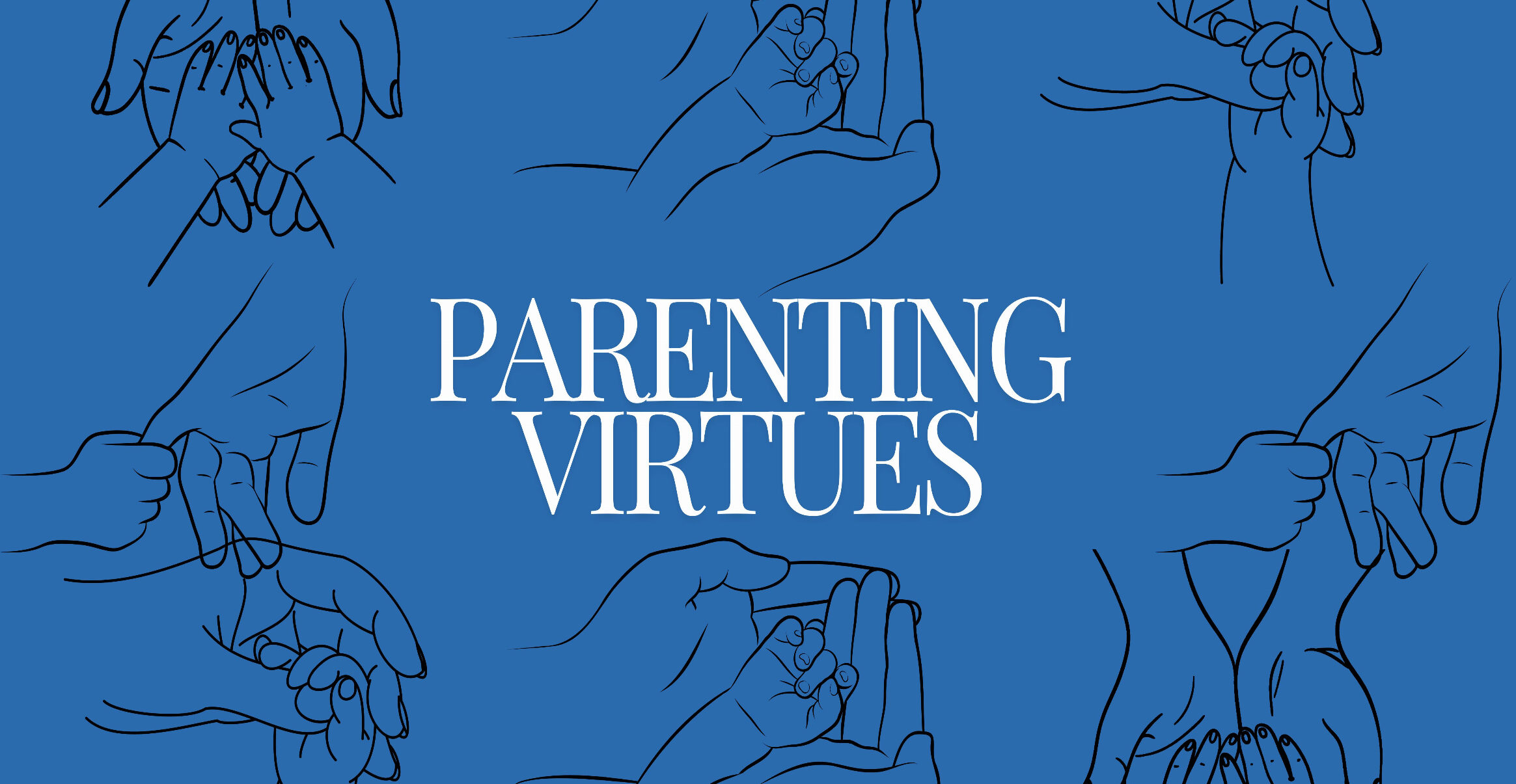
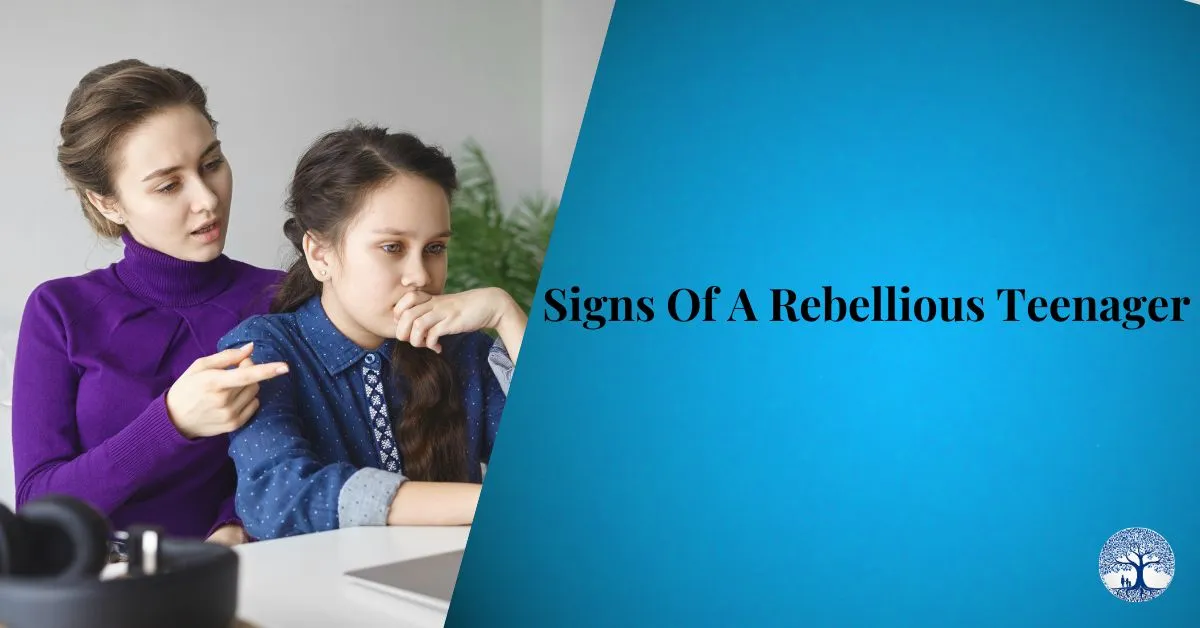
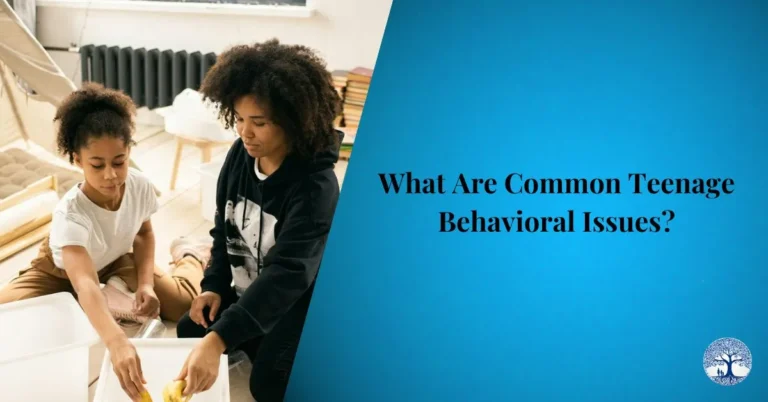
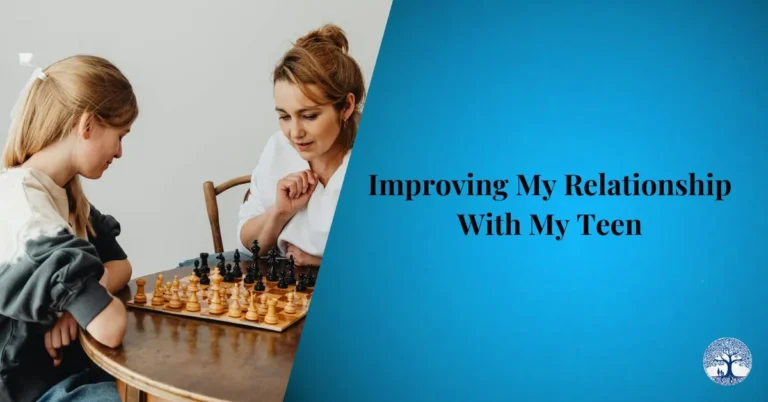

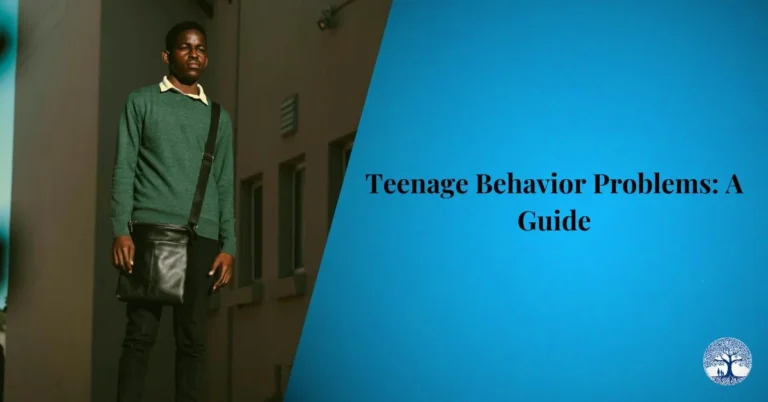
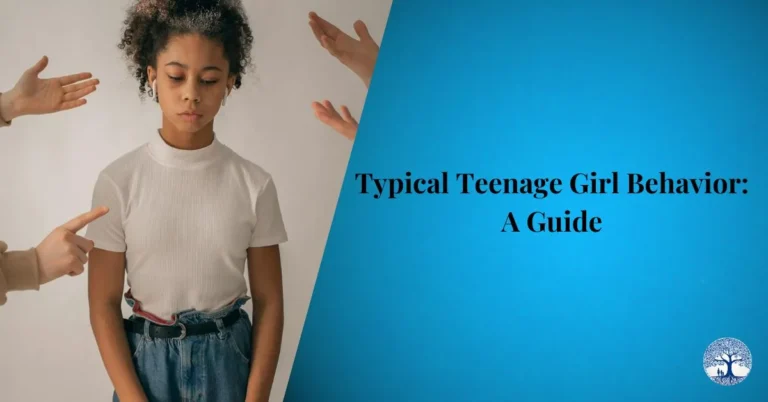
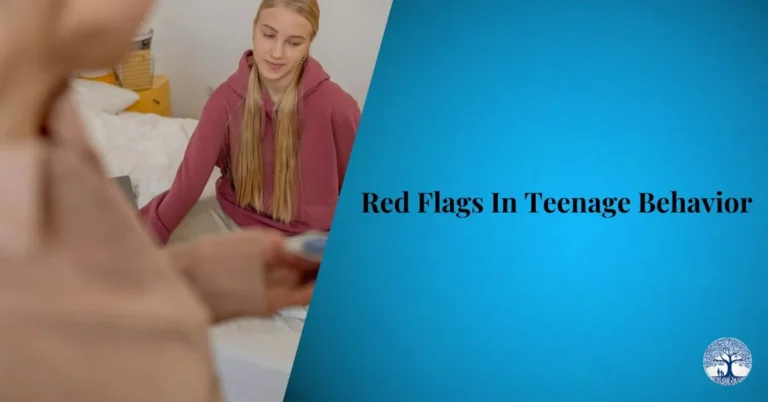
One Comment